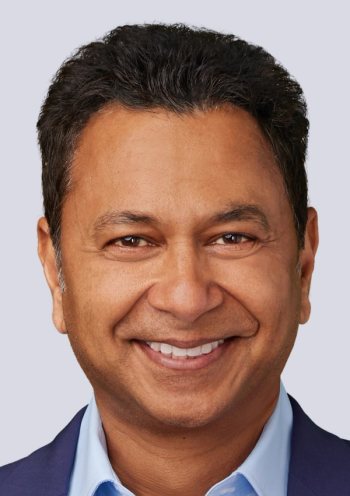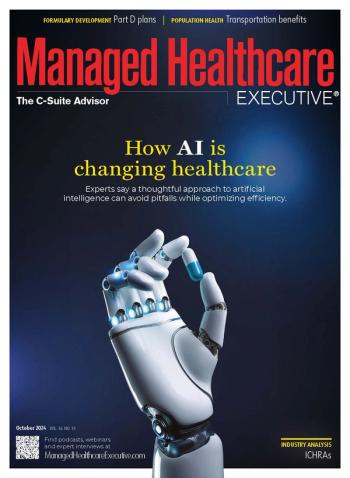
The 4 Technologies Healthcare Orgs Should Expect in 2019
Here’s what you should be investing in as the new year comes.
As the healthcare industry continues to innovate, new technology is prioritizing relationships between providers and patients. As patient satisfaction is important to service goals and an organization’s bottom line, here’s a list of technologies that will help healthcare become more essential to both patients and providers.
1. Increased patient personalization
Many healthcare organizations are modeling retail companies by personalizing communications and services to customers. Personalization is an important goal in 2019 because it taps into member engagement-and can ultimately ensure that payers meet value-based reimbursement goals, says Bob Oscar, RPh, chief executive officer and president of
“By making the healthcare experience just as personalized to them as they’ve come to expect in retail or any other industry, payers can drive better outcomes, reduce their risk, and lower the cost of care. Technologies that turn that into reality are a must-have for 2019,” Oscar says. Content, mobile apps, and personalized care for patients with chronic diseases or screening for specific ailments are a few ways to personalize care for patients, Oscar says.
2. More augmented reality in practice
More practical uses for augmented reality (AR) are being recognized in healthcare, as the headsets that that provide sensory experiences can help empower patients and bring care into far-reaching areas.
Providers are using AR applications like
Related article:
For patients, several AP applications are being developed as distractive therapy to reduce pain by providing immersive sensory experiences. A video game-like experience called
3. A unique patient identifier
Although there’s debate on whether the U.S. healthcare system would benefit from a national patient identification, many believe it would assist with matching incoming patient data to the right records.
“We no longer need the government to create one,” says Gregg Church, president of
“As patient data comes in, master patient index technology determines which unique Patient ID or patient record the data should be linked to,” Church says. “There are just so many initiatives that require clean and complete patient data, from state prescription drug monitoring programs to the national Patient Centered Data Home (an initiative steered by the Strategic Health Information Exchange Collaborative).”
4. AI-powered early warning systems for maternal and fetal health
The United States has the highest maternal death rate among the world's developed nations (26 per 100,000 live births and climbing) and
Artificial intelligence (AI) technology from PeriWatch Vigilance as an early warning platform for obstetrics that automatically identifies patients whose conditions are worsening, facilitating more timely interventions. The software runs continuously and uses algorithms to analyze maternal vital signs, fetal heart rate, contractions, and labor progress in real time, informing clinicians of emerging abnormalities.
Newsletter
Get the latest industry news, event updates, and more from Managed healthcare Executive.























